Has your relationship gone viral?
Thanks to social media. Our friends can watch our make-ups and break-ups play out in public. So what happens when everyone has an opinion on your love life?
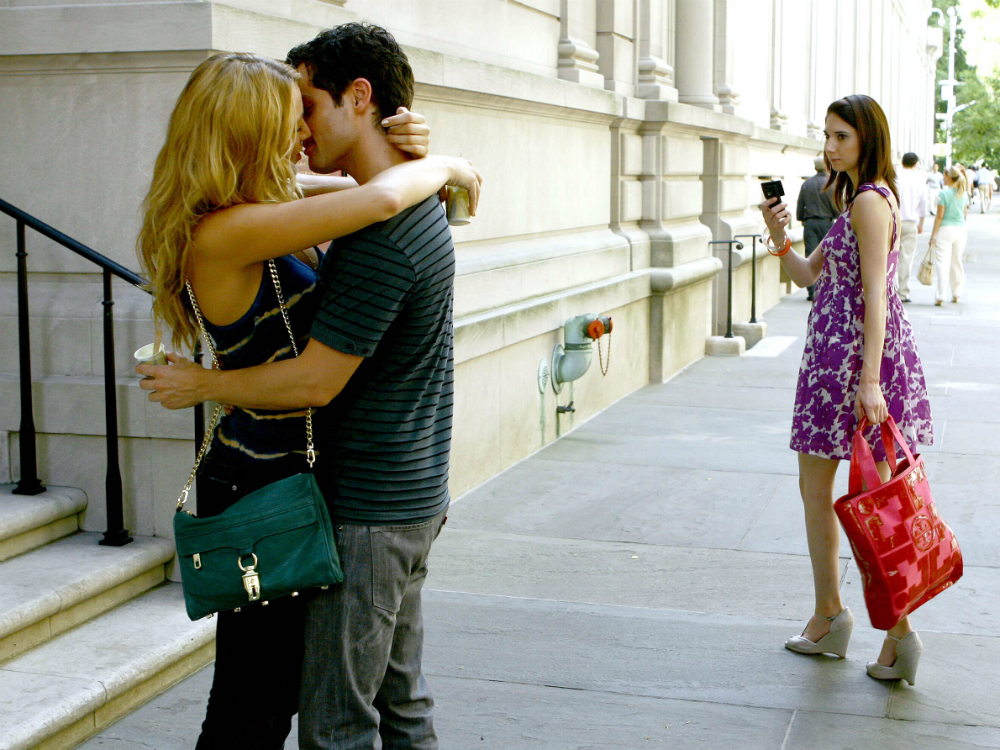
Thanks to social media. Our friends can watch our make-ups and break-ups play out in public. So what happens when everyone has an opinion on your love life?
I’m sitting in a pub with some friends, discussing why B dumped C, and whether we should have seen it coming. All those snaps of B leaving nightclubs with other women, while C lost ten pounds and made sure everyone saw her holiday bikini snaps. Pretext: look at me, having fun, moving on with my life. None of us ever liked him anyway, we agree – not since those pictures emerged of him with his arms wrapped around his assistant.
There was a time when only celebrity couples faced this kind of public intrusion. But as we increasingly watch out friends’ relationships unfold online, suddenly we all have a vested interest in them. Papping each other for Instagram pictures, updating Facebook statuses from ‘single’ to ‘in a relationship’ and tweeting 24/7, we’re exposing not just ourselves, but our relationships. But just because we give others access to our intimate lives, does that give them the right to comment on them?
If ‘The Lift Incident’ hadn’t gone viral back in May 2014 we might still think Beyoncé and Jay-Z were the infatuated couple we saw writing in the video for Drunk in Love. But Solange Knowles killed that fantasy. After footage of her attacking her brother-in-law in a lift at the Met Ball leaked online, so began the rumours about the flaws in the Carters’ marriage.
Having tried to keep her relationship issues private, even now Beyoncé is reduced to watching as people openly discuss them online, still claiming Jay’s a womaniser, a cheat and (worse) that the couple might be heading for a divorce - with even their celebrity friends supposedly intervening. Now Beyoncé’s discovered what Nigella knows only too well: that when your relationship problems go viral, everyone gets involved.
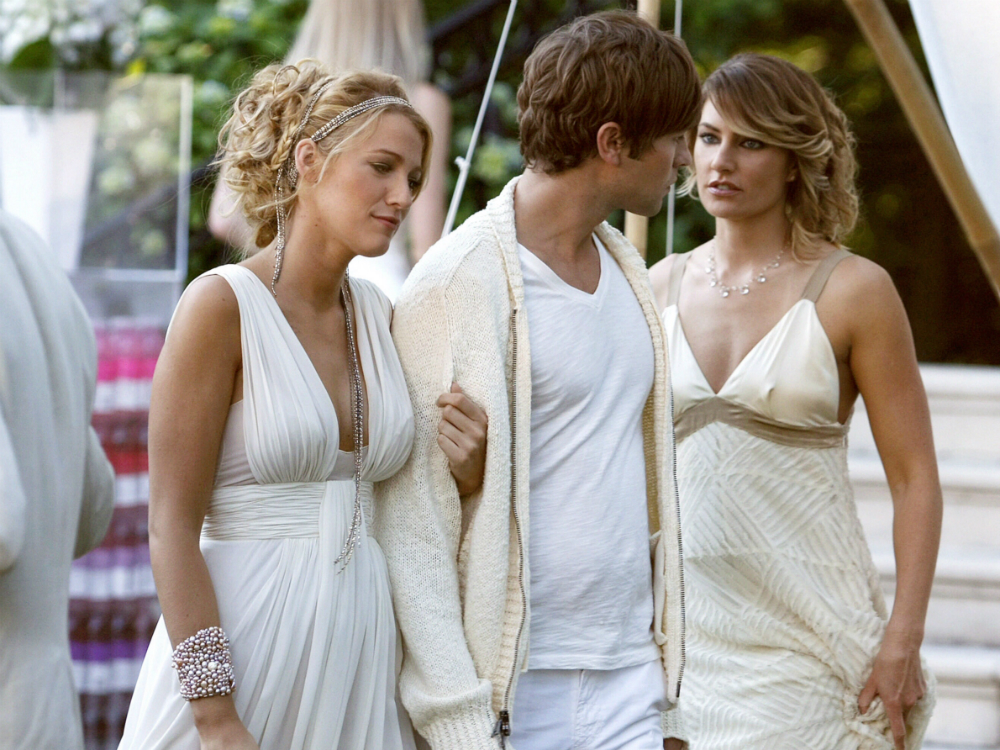
Oprah once tweeted, ‘Love is always a demonstration – not just a set of words or a feeling’, and in the internet age, that’s never been more true. We display our affection online. I know girls who live tweet from dates, counting the hours until they can change their relationship status, and flooding Instagram with pictures of their boyfriend’s eyes hashtagged #beautiful (vomit); my news feed is filled with engagement-ring pics and wedding announcements.
Even the less narcissistic get sucked in. My mate Zoe was just a week into her latest relationship when her boyfriend updated his Facebook status to ‘in a relationship’. At first she was uneasy: ‘I found that pretty strange and very forward, as I hadn’t had a chance to tell most of my friends,’ she admits. ‘But now I feel it’s saved me a job: now my relationship is “out there” and publicly we’re a couple, which is very sweet.’ Three weeks into the relationship she confesses she feels smug watching their first couple selfie accumulating ‘likes’.
Marie Claire Newsletter
Celebrity news, beauty, fashion advice, and fascinating features, delivered straight to your inbox!
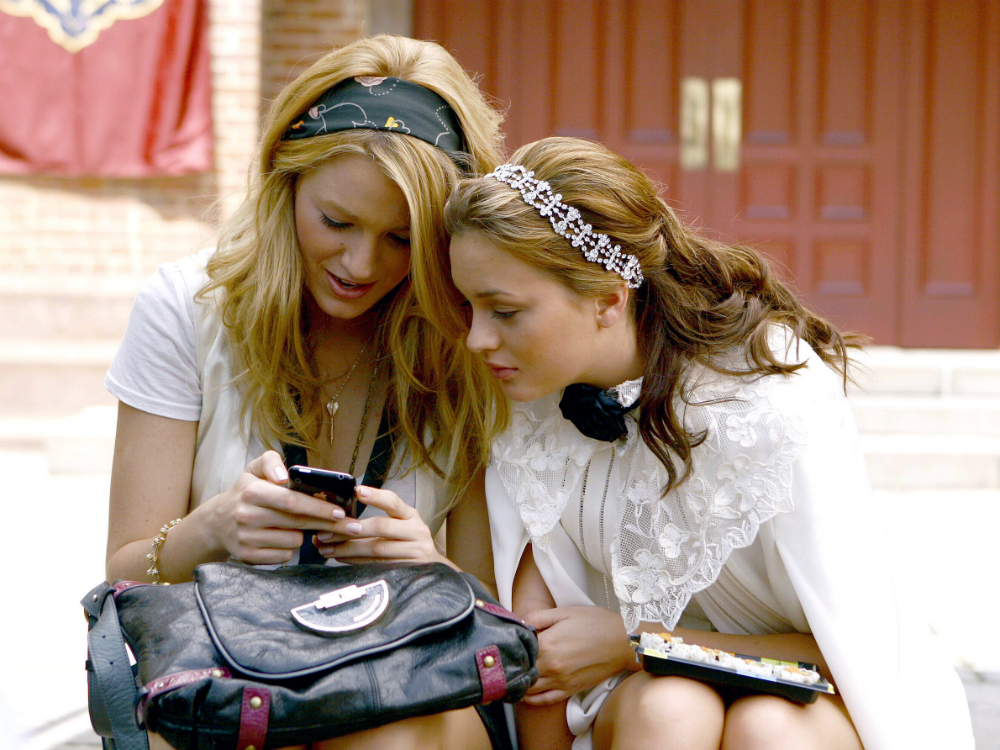
Sharing our love can be inspirational. Seth Adam Smith’s blog Marriage Isn’t for you – about marrying his decade-long best friend, Kim – went viral a few years back and inspired 24 million views in days. But sharing our love lives digitally also exposes them to critique. When I heard about Stephanie Smith’s 300 Sandwiches blog (documenting her attempt to woo her boyfriend into marriage by serving him a sandwich a day), I cringed – then tweeted what a loser she was.
Social media affects our relationships: Facebook is now cited in 33 per cent of divorces in the UK and social-media clauses are being added to prenups. It opens them up to outside influences, too. I judge my friends’ relationships online all the time. When I read A was back with B on Facebook my heart sank. I couldn’t believe J had married E (their timelines always look so boring). When I spotted S tweeting B, I guessed they were shagging (despite the fact she’s taken). You notice when your mate’s boyfriend is adding new girls, or tweets he’s out clubbing on Valentine’s Day.
A study by psychologist Gretchen Kelmer found that people who shared their relationship with their social network increased the involvement and investment their friends and family had in it. ‘Facebook provides a person’s friends and family members the opportunity to build what some might consider a rather intimate familiarity with their loved one’s partner and relationship through observation, even at a geographical or social distance,’ Kelmer explains. ‘This may lead to an increased support for the relationship, or even pressure to maintain it.’ Her study also found that the more committed a couple were online (including their partner in their relationship status, posts and pictures), the more committed they were in real life.
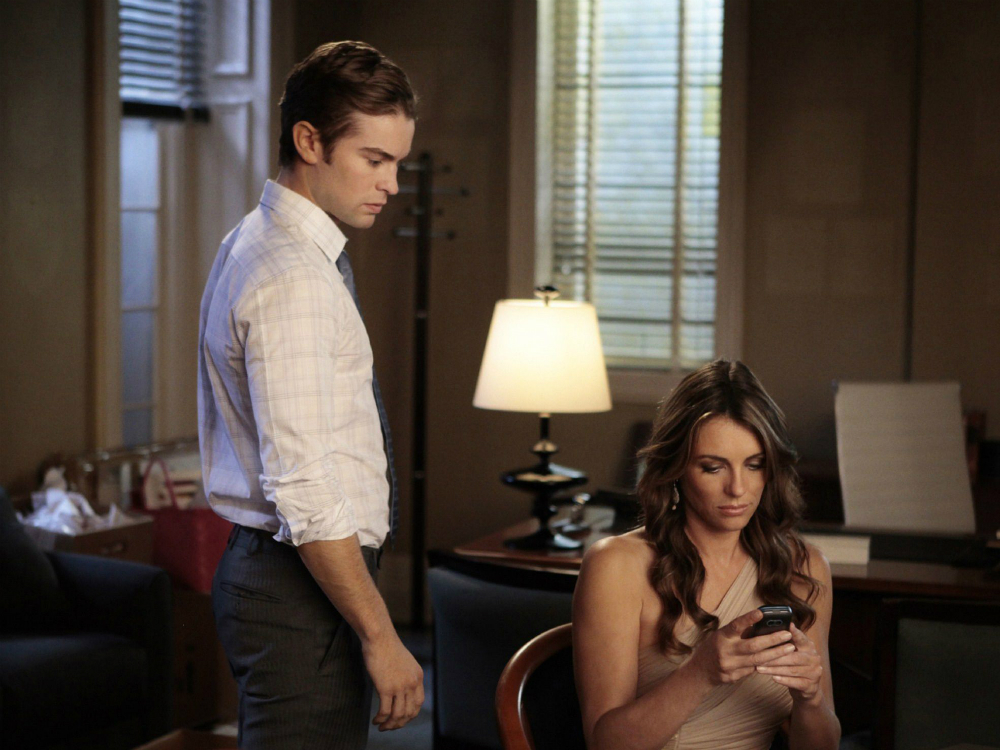
One brilliantly mad friend admits she manipulates this to her advantage: using the public nature of social media to steer her relationship where she wants. She got engaged by changing her Facebook status to ‘engaged’ without warning her boyfriend. When he saw her new status and asked her to reverse it, she refused, claiming the public humiliation would be too awful. A year later, they’re happily hitched. Now she jokes that she tweets him and comments on his Facebook status to ‘publicly praise or bully him. Once I had to stop myself from posting, “I want a divorce.”’
But not everyone enjoys the publicity. Zoe admits that, while loving the positive attention, she finds some aspects of sharing her relationship online odd: ‘As soon as we announced we were going out on Facebook, I know some of my friends went through his pictures. Now your mates have an insight into your partner’s previous life before you’ve had a chance to find out for yourself.’ She also worries that, ‘as our friendship groups are merging, what will happen if we break up? Will we have to make our online friends take sides, like you do in a divorce?’
Going out with someone online isn’t just like turning up to the pub with them: it’s introducing them to your family, your boss, your acquaintances, your friend’s friends, even that guy you met once in a club. It’s sharing with hundreds of ‘friends’ both your smitten couple selfies and – potentially – the excruciating details of your break up. Like the couple whose Facebook exchange went viral after he changed his status to ‘single’, only for his ex to comment, ‘You could at least have waited until I responded to the break up text you sent me.’ Ouch!
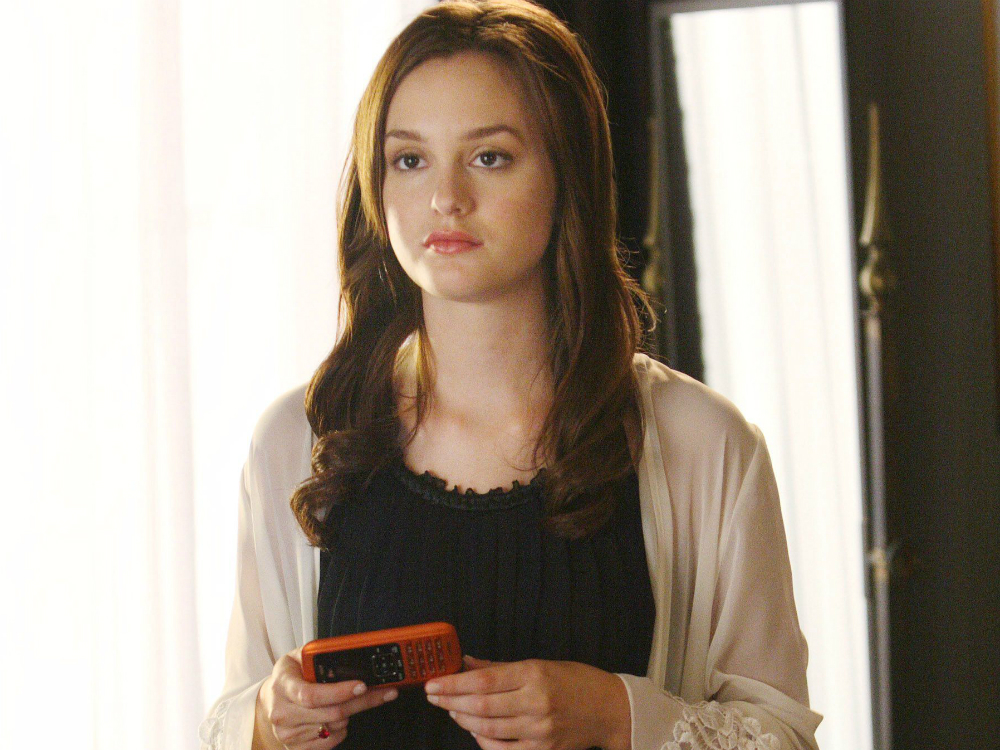
Perhaps that’s why on social media a lot of my friends keep their relationships discrete: Martin never adds partners online: ‘Does that make me electronically frigid?’ he jokes; Julie has two Facebook accounts – one for friends, one for business and only updates her relationship status on the former; Sophie won’t link her boyfriend of three years on Facebook because, ‘The sad face or broken heart news-feed update would be too pathetic if we broke up’; Anna, who met her other half via Twitter, admits that when DMing turned to dating, their social media interaction stopped: ‘Not consciously – it just seemed absurd to reply via Twitter when we could interact in private or real life,’ she says.
I feel the same. I’ve never been in a relationship according to Facebook. I don’t add partners on Instagram. I blocked the current one on Twitter. After a break up, I might stalk someone mercilessly online but while we’re together I want my digital space. Perhaps this is because like all modern relationships, ’it’s complicated’. And while I tell friends the messy Taylor-Burton-esque details of my love life, I don’t especially want to tell my boss. Having said that, perhaps it’ll be a sign I’ve finally met The One when I feel ready to add them on Facebook.
When I recently noticed a friend’s boyfriend tweeting other girls on a daily basis (she doesn’t do social media), I wondered if I should tell her. At first it felt awkward bringing it up. Would I come across as an online stalker? Or just a gossip? Would it sound like I was treating their relationship like the pages of a trashy magazine? In the end I decided to tell her. After all, online is only an extension of the real world – and potentially for the better. What I like most about social media is that it connects us, and through sharing, it bonds us, building understanding and reducing stigma or shame.
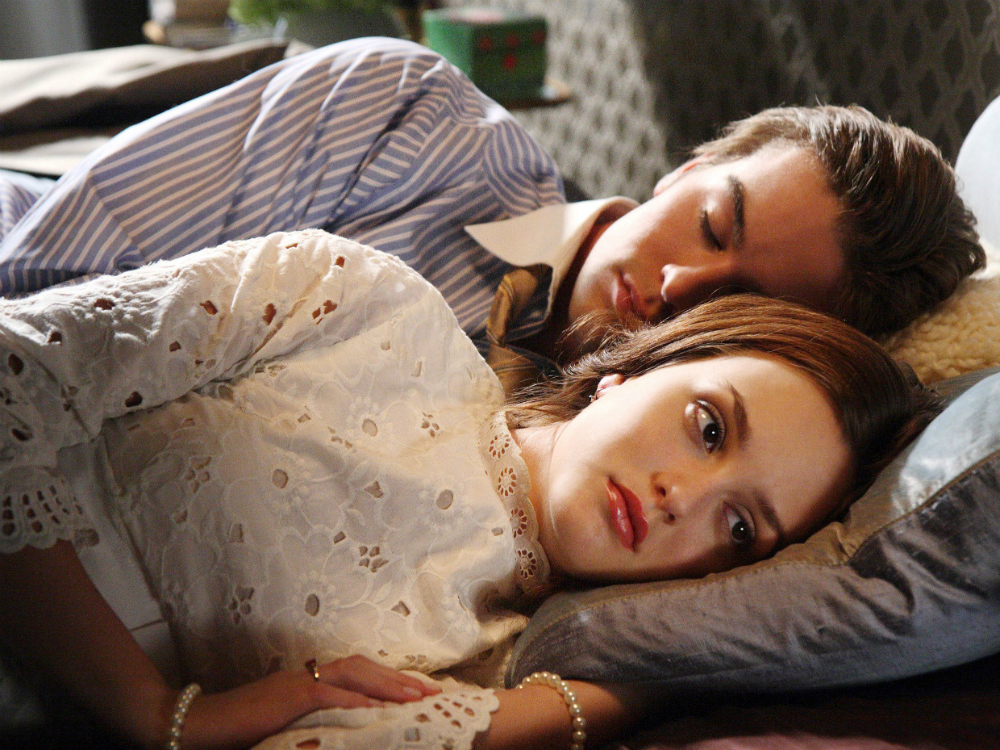
When I told my friend what I’d noticed about her boyfriend’s behaviour, to my relief she admitted they’d been having problems for a while. I was simply telling her what she already knew but hadn’t yet admitted: they’d drifted apart.
So yes, when you reveal your romantic life digitally, you open yourself up to other people’s opinions from the periphery. But if they have your best interest at heart, perhaps we ought to trust their judgements over our own sometimes.
The leading destination for fashion, beauty, shopping and finger-on-the-pulse views on the latest issues. Marie Claire's travel content helps you delight in discovering new destinations around the globe, offering a unique – and sometimes unchartered – travel experience. From new hotel openings to the destinations tipped to take over our travel calendars, this iconic name has it covered.
-
 Style Briefing: Matthieu Blazy's last hurrah at Bottega Veneta
Style Briefing: Matthieu Blazy's last hurrah at Bottega VenetaHow the designer delivered a fresh perspective while also honouring its history of craft and creativity
By Rebecca Jane Hill
-
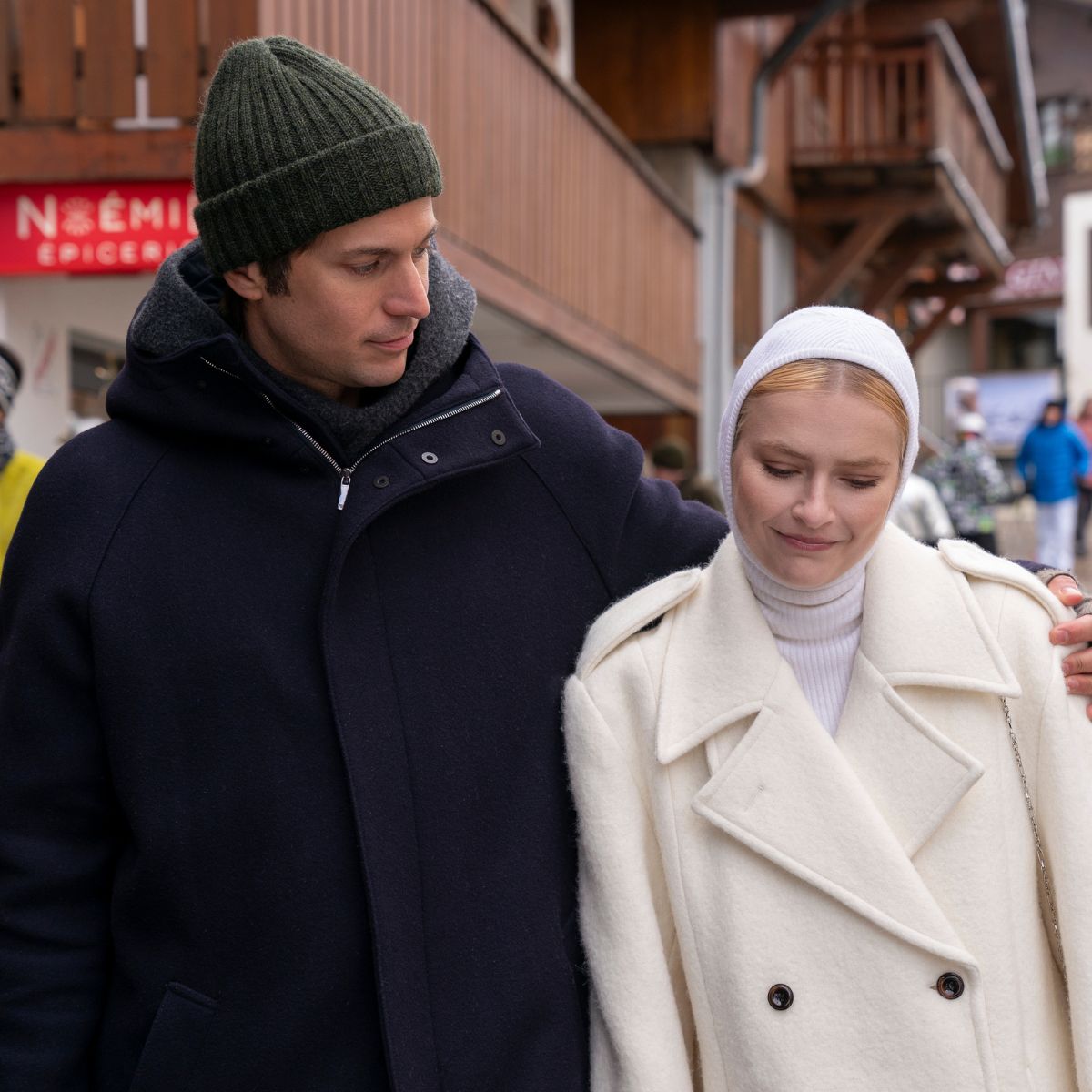 The Emily in Paris cast has spoken out as one of its stars officially quits the show
The Emily in Paris cast has spoken out as one of its stars officially quits the showBy Jenny Proudfoot
-
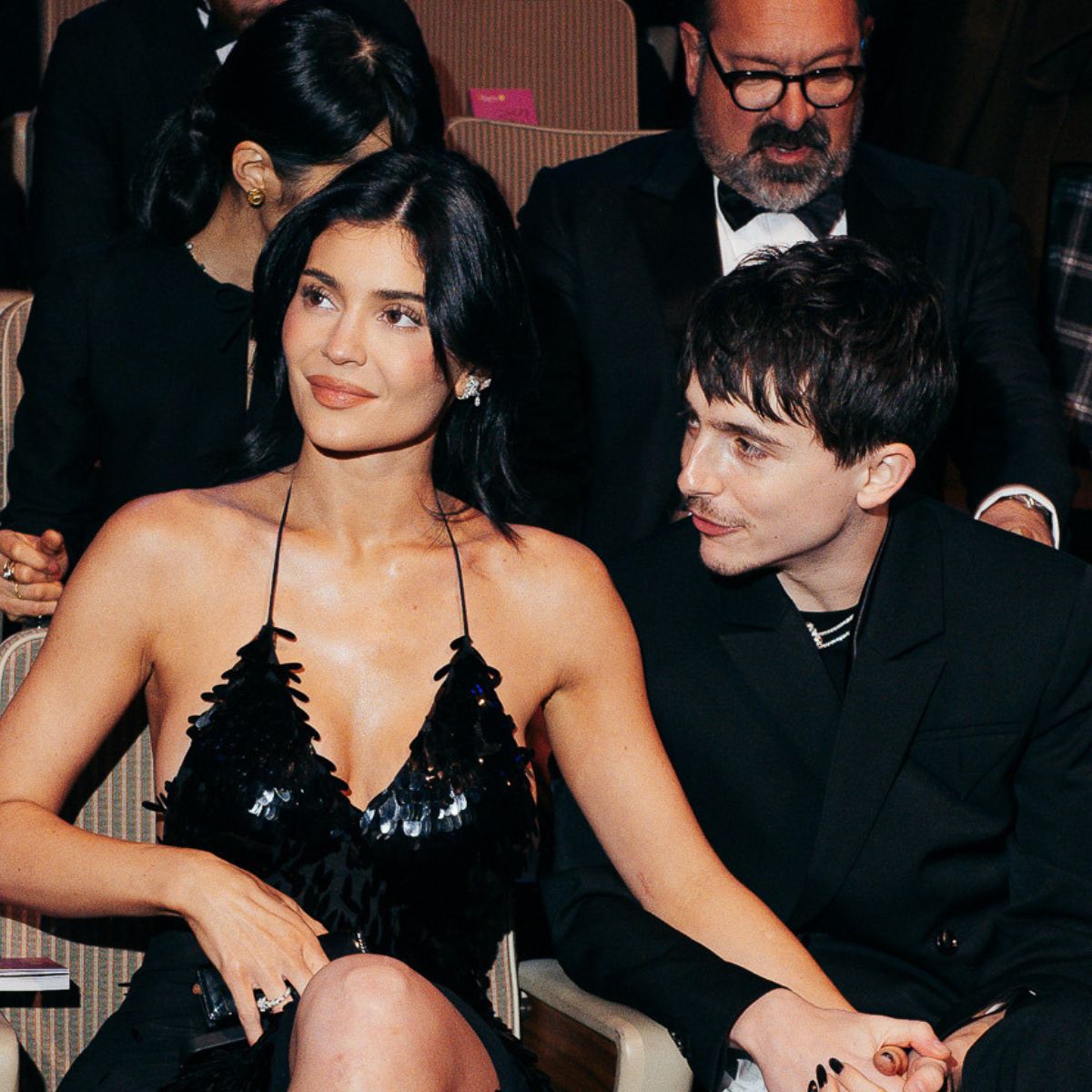 Timothée Chalamet’s mother has opened up about his relationship with Kylie Jenner
Timothée Chalamet’s mother has opened up about his relationship with Kylie JennerBy Jenny Proudfoot